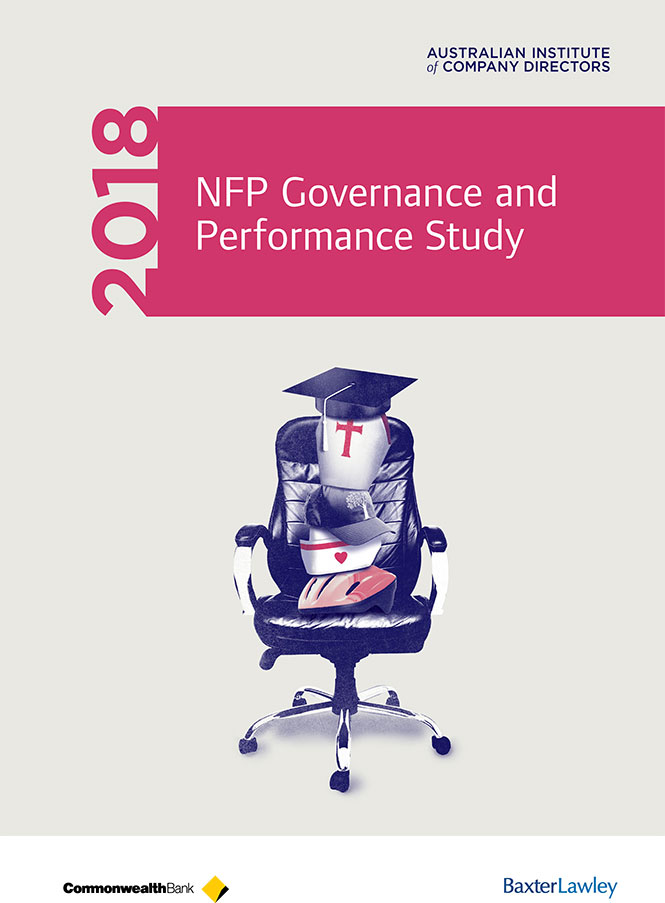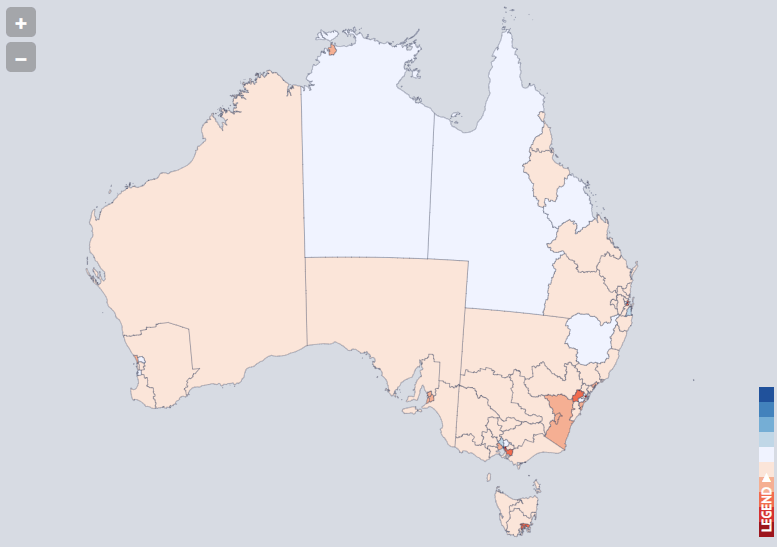
Why NFPs should invest in outcome measurement tools
SPONSORED: The third Working Paper by Grant Thornton Australia and the University of Western Australia analyses the sector’s measurement reporting.
With outcome measurement so crucial to the not-for-profit sector, organisations are increasingly in need of practical skills to assist in managing and reporting results.
Grant Thornton Australia and the University of Western Australia (UWA) Business School have provided practical information for CEOs, CFOs and volunteer directors in a series of four working papers.
The third Working Paper, developed by Professor David Gilchrist of the UWA Business School, examines the sector’s standpoint on experiences and practicality of its current outcome measurement strategies to provide framework ideas for NFPs.
“The aim was to establish organisational needs, to consider examples of tools and supports currently available, and to examine reporting, assurance, procurement and policy issues,” the paper reported. “All in terms of the practical implementation of outcomes reporting within human services organisations.”
Despite the sector’s acknowledgement of how vital outcomes are, the processes are not ingrained in organisations and as such the tracking, measuring and reporting on results is not effective in demonstrating impact and securing critical funding.
Grant Thornton Australia, along with Professor Gilchrist and UWA, implemented the National Outcomes Measurement Research Agenda to deliver practical tools to assist NFPs. The research project is aimed at assisting the sector in realising the opportunity inherent in outcomes reporting.
“The results of this work inform the policy framework both internal to human services providers and external in terms of the human services sector and its articulation with government procurers,” the paper read.
Key takeaways of the third Working paper include the critical need for outcomes reporting that is practiced as part of a mixed reporting process. Off-the-shelf reporting frameworks, and internally generated frameworks, were also found to be of value.
The paper also examined how an organisation’s outcome measurements should figure into the decision-making frameworks of an organisation at a strategic and tactical level. This should be in combination with other traditional performance reporting processes.
“The Chief Investigator provided a model for decision making that seeks to rationalise the dichotomy between mission and financial sustainability,” the paper reported.
“[That is] the constant balancing act faced by directors of human services organisations where they need to create strategies that support the organisations where they need to create strategies and support the organisational Mission while responding to the financial sustainability realities inherent in the modern funding environment.”
The paper examined recently held industry focus groups across Australian cities. Research teams examined the sector’s perspective on outcomes and the identification measurements, reporting and assurance methods.
The focus group found that to be successful, “there is a need to integrate various reporting types in order to be effective.”
NFPs can go here to read the report and subscribe to receive the forthcoming Working Paper No. 4: An organisational outcomes framework, a culmination of the research and focus group feedback on an implementable framework for the NFP sector.
Australian NFPs can also take part in ongoing research, or receive further information on outcomes measurements, by getting in touch with Simon Hancox.



